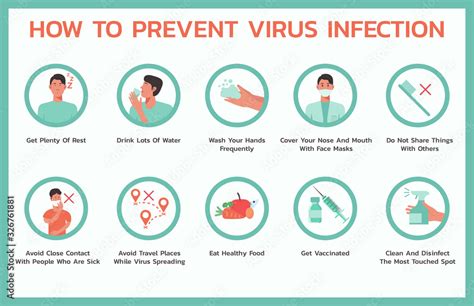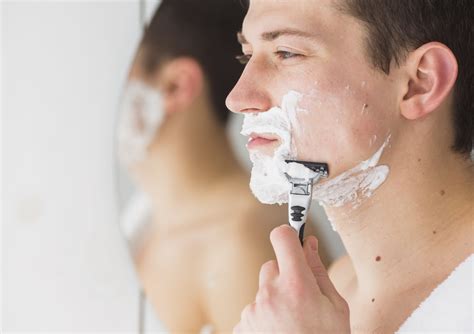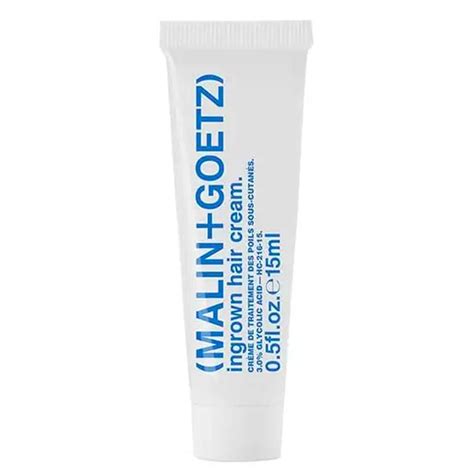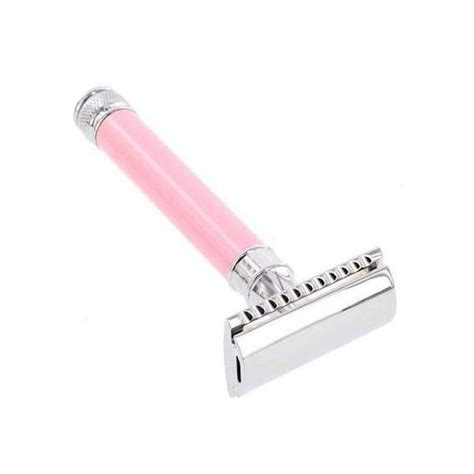Prevent ingrowns: Best shave technique for a sharp, professional finish?

Ingrown hairs are a common nuisance, transforming what should be a smooth, satisfying shave into an irritating battle with bumps and redness. For anyone striving for a sharp, professional look, preventing these pesky skin issues is paramount. The good news is that with the right technique and a consistent routine, you can drastically reduce their occurrence and enjoy a consistently sleek finish.
Understanding Ingrown Hairs: Why They Occur
Before diving into prevention, it’s helpful to understand why ingrown hairs happen. An ingrown hair occurs when a hair strand, instead of growing outward from the follicle, curls back or grows sideways into the skin. This often happens after shaving, waxing, or plucking, especially with coarse or curly hair. The body treats the embedded hair like a foreign object, leading to inflammation, redness, and sometimes painful bumps or even infection.
Common culprits include shaving too closely, using dull razors, shaving against the grain, and inadequate skin preparation or post-shave care.
The Essential Pre-Shave Ritual
A successful shave begins long before the blade touches your skin. Proper preparation is critical for softening hairs and opening pores, making them easier to cut cleanly and reducing the chance of them curling back.
- Warm Up: Start by washing your face with warm water or taking a hot shower. This softens the hair follicles and opens up pores.
- Cleanse and Exfoliate: Use a gentle facial cleanser to remove dirt and oil. For an extra step, a mild exfoliant can help clear dead skin cells that might trap hairs, but avoid harsh scrubbing, especially if your skin is sensitive.
- Apply Pre-Shave Oil or Cream: A quality pre-shave oil creates a protective barrier between your skin and the razor, while a rich shaving cream or gel further softens the hair and allows for a smoother glide. Let it sit for a minute or two before shaving.

Mastering Your Shave Technique
This is where the magic happens – or where ingrowns begin. Precision and patience are your best tools.
Sharp Razor is Non-Negotiable
Always use a fresh, sharp blade. Dull blades drag and tug at hairs, increasing irritation and the likelihood of hairs snapping off unevenly, leading to ingrowns. Aim to change your blade every 5-7 shaves, or sooner if you feel any tugging.
Shaving Direction: With the Grain
This is perhaps the most crucial rule for ingrown prevention. Always shave with the grain – in the direction your hair grows. While shaving against the grain might offer a closer shave initially, it significantly increases the risk of ingrown hairs and razor burn. For a closer finish without irritation, you can do a second pass across the grain, but never against it.
Gentle, Short Strokes
Let the razor do the work. Apply minimal pressure and use short, controlled strokes. Excessive pressure can cause the blade to dig into the skin, leading to irritation and cuts. Rinse your razor frequently under warm water to clear away hair and shaving cream, ensuring a clean cut with each pass.

Post-Shave Care: Soothe and Protect
Your work isn’t done once the last hair is cut. Post-shave care is essential for calming the skin and preventing irritation.
Rinse with Cold Water
After shaving, rinse your face with cold water. This helps close pores and soothe the skin, reducing redness and inflammation.
Apply a Quality Aftershave Balm
Opt for an alcohol-free aftershave balm or lotion. Alcohol-based products can dry out and irritate the skin. A good balm will moisturize, soothe, and protect your freshly shaved skin. Look for ingredients like aloe vera, witch hazel, or chamomile.
Moisturize Daily
Keeping your skin hydrated helps maintain its elasticity, allowing hair to grow out more easily. A non-comedogenic moisturizer will keep your skin soft without clogging pores.

Advanced Tips for Stubborn Ingrowns
If you’re still battling ingrowns despite following these steps, consider these additional measures:
- Regular Exfoliation: Incorporate a gentle chemical exfoliant (like one containing salicylic or glycolic acid) a few times a week, especially in areas prone to ingrowns, to help keep follicles clear.
- Ingrown Hair Treatments: Products specifically designed to treat and prevent ingrowns can be very effective. Apply them after shaving and before moisturizing.
- Consider Your Tools: Experiment with different razor types. Some find multi-blade razors too irritating and prefer single-blade safety razors or electric shavers, which don’t cut as close but reduce irritation.

Consistency and Patience Are Key
Preventing ingrown hairs is an ongoing commitment. Consistency in your pre-shave, shave, and post-shave routine is crucial. Don’t expect immediate results; give your skin time to adapt to the new regimen. If possible, avoid shaving every single day, allowing your skin some recovery time between sessions.

By adopting these best practices, you’ll not only significantly reduce the occurrence of ingrown hairs but also achieve a smoother, more comfortable shave and maintain that sharp, professional finish you desire.








